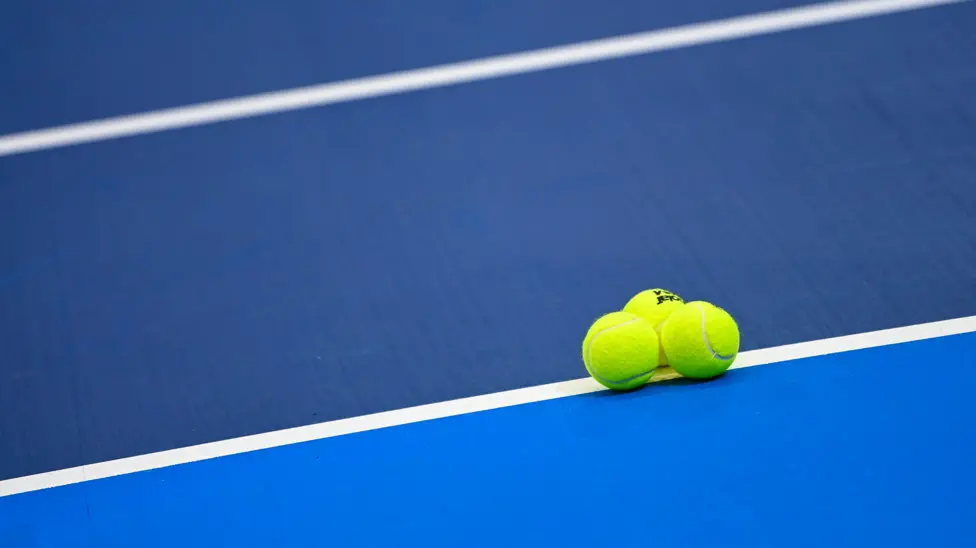
The World Anti-Doping Agency (WADA) has initiated an appeal against the recent verdict that exonerated the Italian tennis player, Jannik Sinner, asserting that the conclusions drawn by the independent panel were incorrect according to the relevant regulations. Sinner, currently ranked as the world’s number one player, had tested positive for the anabolic steroid clostebol on two occasions in March. However, he was deemed free of fault or negligence by the independent review panel.
In a separate incident, Tara Moore, who was the top British women’s doubles player, faced a provisional suspension after testing positive for nandrolone and boldenone in May 2022. As Sinner contemplates the possibility of facing sanctions due to his positive doping tests, the Professional Tennis Players Association (PTPA) has called upon the Grand Slam tournaments and the main ATP and WTA tours to finance a legal defense fund for athletes.
The PTPA, established in 2019, advocates for enhanced player rights within tennis. It opines that the major tournaments and tours should cover the costs for third-party legal representation, ensuring that athletes can defend themselves without financial hurdles. There have been concerns among players regarding the swiftness of the resolution in Sinner’s case, with the PTPA highlighting its mission to support, protect, and advance player welfare both on and off the court.
Nassar, an advocate from the PTPA, expressed his belief that the current system is fundamentally unfair to all players, including Sinner. He pointed to Moore’s ongoing struggles, as she continues to navigate an appeal process, seeking to restore her reputation. Notably, an appeal from former world number one Simona Halep was processed in a timely manner, compared to the delays faced by other players, including Moore, who is still awaiting a decision on her case nearly ten months later.
WADA is eager to establish some degree of fault or negligence in Sinner’s situation. The initial tribunal found that Sinner was inadvertently contaminated with clostebol due to the actions of his physiotherapist, who treated a wound with a spray containing the prohibited substance. This case has significant implications for both Sinner’s career and the broader context of doping regulations in sports.
